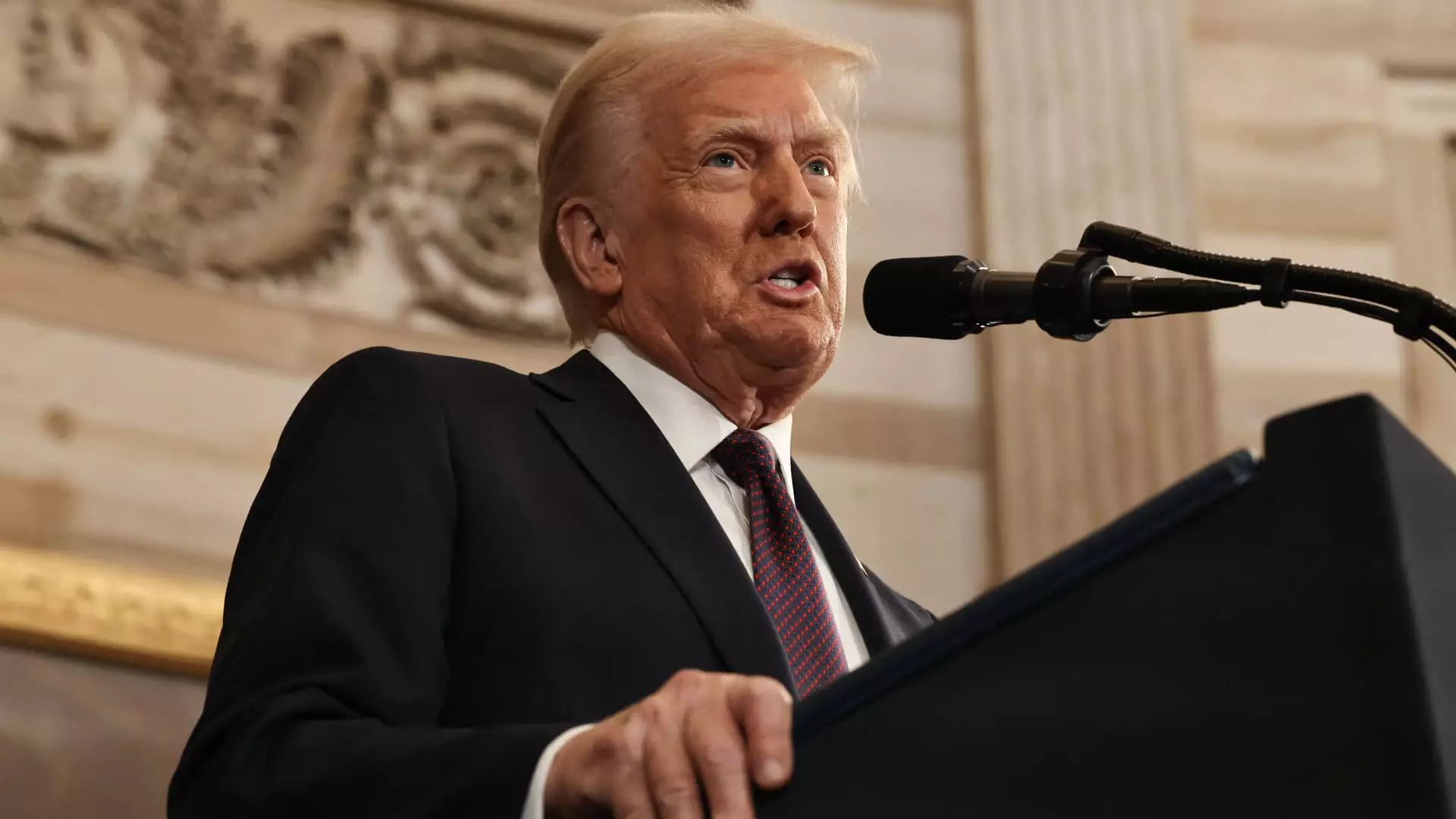Five months ago, President Donald Trump graced the nation with grandiose proclamations of peace and unity. He promised not just to win battles, but to avoid wars altogether, branding himself as a beacon of hope in a turbulent world. “We will measure our success not only by the battles we win but also by the wars that we end,” he declared during his inauguration, painting a picture of a diplomatic leader in an era marred by conflict. Yet, with his recent actions in Iran, we witness a startling dissonance between rhetoric and reality—a betrayal that damages not only his credibility but the very essence of his presidency.
From Peacemaker to Warmonger
The missile strikes on Iran’s nuclear sites in Fordo, Natanz, and Isfahan mark a pivotal and perilous moment in U.S. foreign policy. Striking Iran for the first time since the resurgence of tensions in the Israel-Iran war starkly contradicts Trump’s earlier commitments to steer clear of military engagements. Just days ago, he suggested that a diplomatic resolution might still be on the table, showcasing an alarming tendency for vacillation and indecision.
Trump’s attempt to bolster his image as a peacemaker is shred to pieces when viewing his recent military decisions through the lens of his prior positions. He consistently voiced opposition to military conflict in the Middle East, claiming he would “stop the chaos” and prevent World War III, making his new course of action all the more hypocritical. This aggression raises significant concerns over his genuine motives and questions the integrity of his promises—to the electorate and to history.
The Fallout: Chaos Ahead
The casualties and infrastructure destruction reported by Iranian media serve as a painful reminder of the consequences of such impulses. These attacks are not mere military maneuvers; they represent a dangerous escalation that puts countless lives at risk while shattering any previous notion of dialogue between the U.S. and Iran. The question looms large: what has the world gained from this renewed conflict, and at what cost?
This move appears to draw the U.S. further into a conflict it has long tried to sidestep, collapsing the sense of genuine commitment toward diplomacy established by past administrations. Rather than solidifying his legacy as a peacemaker, Trump’s actions unravel any semblance of credibility in his vision for a harmonious Middle East. The very fabric of international relations, once woven with the threads of strategic dialogues and potential resolutions, is now hanging by a mere thread.
The Dangers of Nuclear Escalation
Trump’s strong stance against Iranian nuclear capabilities has been consistent throughout his presidency, yet it raises questions about the efficacy and morality of his tactics. While the fear surrounding Iran’s nuclear ambitions is not unfounded, the aggressive military response begs for a nuanced debate—one that understands the dynamics at play in Middle Eastern politics without resorting to belligerence.
Is there any realization that military action often begets further aggression, driving nations to retaliate with more fervor? The precarious nature of international relations is underscored by this thought: a bomb dropped today may yield a flurry of hostility tomorrow. The cycle of violence must end, not escalate, if we ever hope to break free from our historical patterns of ongoing warfare.
A Leadership Crisis
Trump’s recent actions place him in stark contrast to his proclaimed identity as a unifier. His approach remains divisive, further polarizing the political landscape even during a time that urgently calls for thoughtful diplomacy and collaboration. What once seemed like a promising approach to foreign policy is now tainted by impulsivity and aggression.
At a time when global tensions are rising, and nations are navigating through fraught uncertainties, leadership is measured by the ability to foster dialogue and navigate through intricacies rather than opting for brute force. Unfortunately, with each decision, Trump edges toward a legacy characterized not by resolution but rather by conflict and disarray—a harbinger of potential disaster that looms on the horizon.
The current reality emphasizes the need for leaders who grasp the gravity of their words and actions, rather than those who will erode any hope for a future led by peace. As we grapple with the implications of these recent events, one thing remains certain: genuine leadership requires more than promises—it demands integrity, awareness, and an unwavering commitment to de-escalation.


Leave a Reply